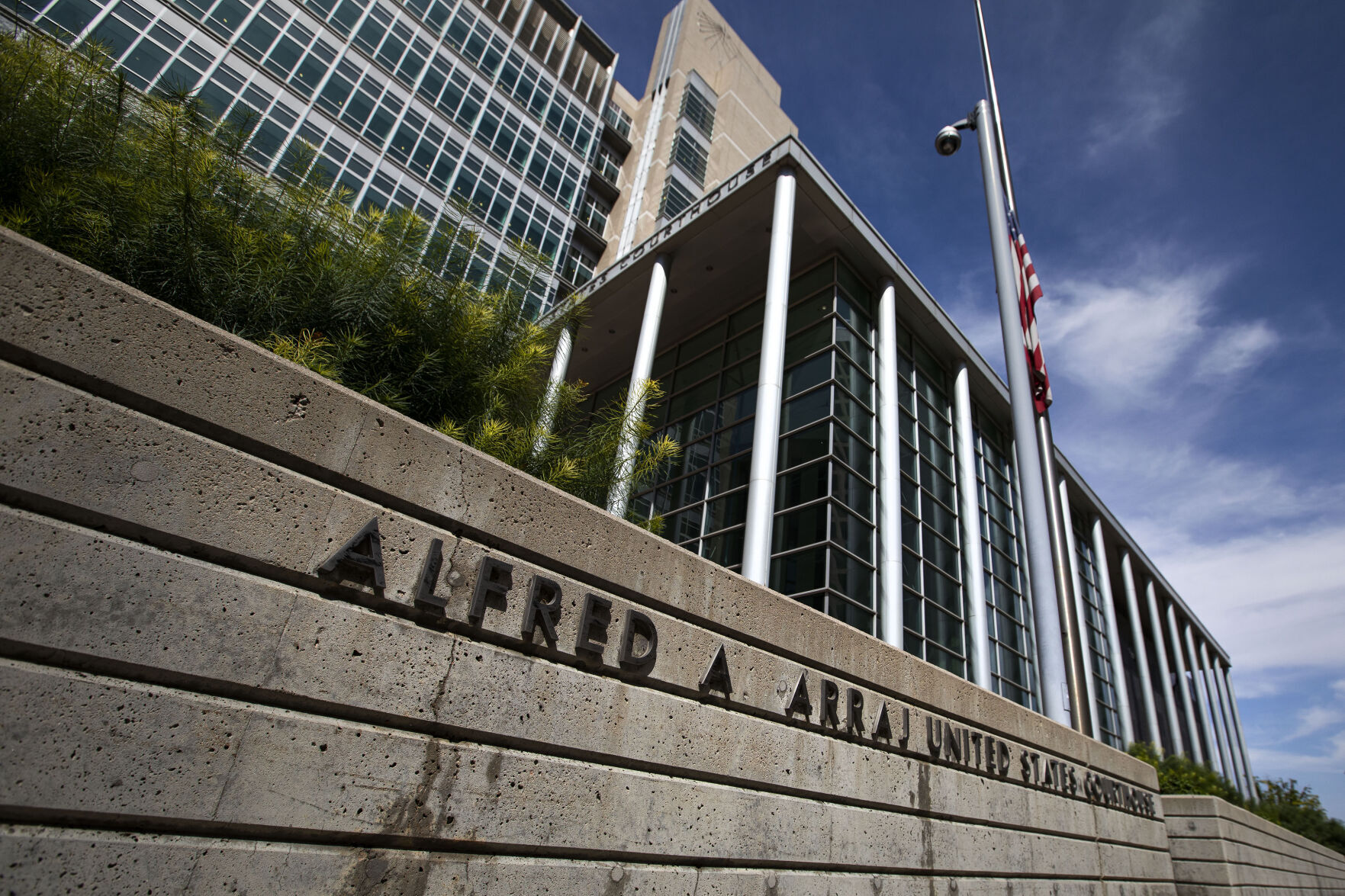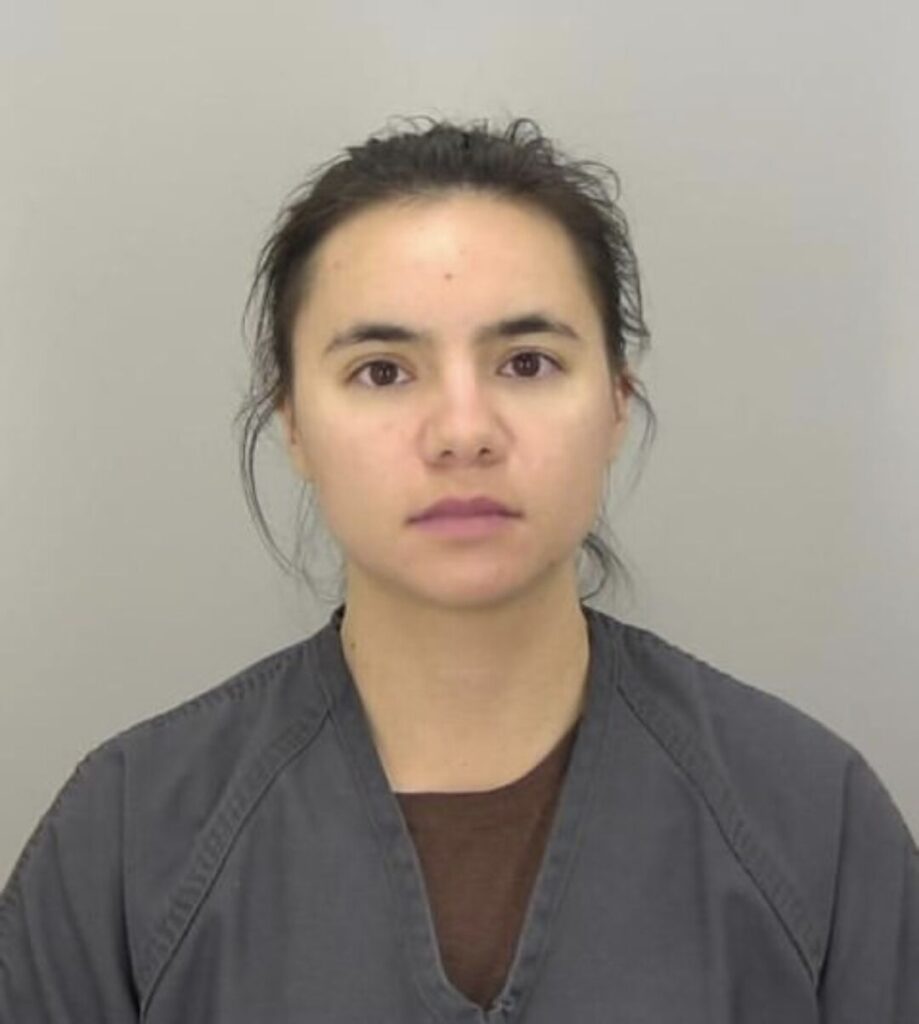Federal judge blocks Colorado from enforcing ‘abortion reversal’ ban against Catholic health clinic

A Catholic health clinic with locations in Englewood and Denver will be able to keep offering “abortion reversal” treatment after a federal judge on Saturday narrowly blocked the state from enforcing a new law that effectively bans the disputed practice.
Bella Health and Wellness succeeded in obtaining a preliminary injunction against Senate Bill 190, which Democrats enacted earlier this year as part of a package to bolster abortion rights. The clinic argued its providers were compelled by their faith to assist pregnant patients who had changed their mind after beginning the process of medication abortion, and SB 190 unconstitutionally burdened their religious exercise.
In an Oct. 21 order, U.S. District Court Judge Daniel D. Domenico agreed Bella Health would likely succeed in its argument. Not only did the sponsors of SB 190 refer to faith-based clinics offering abortion reversal as “fake” and “deceptive,” he noted, but the legislature had singled out a specific practice for regulation without addressing other potential safety risks.
“It seems clear then, both given this legislative history and the bill’s text itself, that the legislature was aware that the burden of this prohibition would primarily fall on religious adherents,” wrote Domenico, a Donald Trump appointee.
Rebekah Ricketts, an attorney representing Bella Health at The Becket Fund for Religious Liberty, said Domenico’s ruling ensures pregnant patients “won’t be forced to have abortions against their will.”
The preliminary injunction represented a blow to Democratic legislators, who argued abortion reversal is both dangerous and unsubstantiated, yet Domenico’s treatment of the science did not go so far as a recent, controversial ruling from another Trump-appointed judge on the subject of medication abortion.
When seeking a medication abortion, a pregnant patient typically takes the drug mifepristone, followed by a dose of misoprostol. Although a pregnancy may survive even in the absence of the follow-up dose, administration of progesterone can dramatically boost the chances of maintaining the pregnancy – according to proponents of abortion reversal – even after a person has taken mifepristone.
In April, U.S. District Court Judge Matthew J. Kacsmaryk in Texas suspended the longstanding federal approval of mifepristone, writing in detail about the science behind the drug and receiving criticism from scientists about his analysis.
Domenico, in contrast, acknowledged the efficacy of using progesterone for abortion reversal is in dispute, and that opposition to the practice exists within the medical industry. He did not attempt to sort out the science, instead concluding SB 190 would not likely survive the highest degree of scrutiny given to laws that are not neutral towards religion.
Through SB 190, the legislature proactively labeled as “unprofessional conduct” the provision of abortion reversal treatment. However, an unusual procedural provision stipulated that, if the state’s boards of pharmacy, nursing and medicine all decided abortion reversal is a generally accepted practice, the prohibition would fall by the wayside.
Earlier this year, Domenico originally declined to block SB 190 from taking effect based on the state’s representation that it would not take action against Bella Health until the three boards completed their review. Recently, each board concluded its rulemaking. The pharmacy and nursing boards declined to categorize the treatment as professional or unprofessional, instead opting for a “case-by-case” approach. The board of medicine opted to label the use of progesterone in combination with mifepristone as unprofessional conduct.
Bella Health returned to court, asking Domenico to prevent the state from taking action against the clinic – including the potential revocation of medical licenses for engaging in unprofessional conduct – while the lawsuit unfolded. The clinic’s lawyers pointed to the fact that SB 190 did not address other uses of progesterone and to disparaging comments lawmakers made toward faith-based clinics.
“Colorado has more than 50 religious-based pregnancy centers that encourage women to keep their babies or link them with adoption agencies,” said Sen. Janice Marchman, D-Loveland, during a committee hearing. The centers “mislead and coerce people away from the healthcare services they seek.”
Domenico observed the statements did not necessarily show the General Assembly had targeted a practice because it was fundamentally religious in nature. Nonetheless, they did illustrate lawmakers understood banning abortion reversal treatment would affect faith-based providers.
That history, combined with the lack of broader safety regulations for progesterone or medication abortion, suggested to Domenico that the law placed an unconstitutional burden on religious exercise. He relied on the U.S. Supreme Court’s recent pro-religion decisions interpreting the First Amendment – plus his own 2020 ruling exempting certain churches from COVID-19 regulations.
“There is not typically a problem with singling out a drug or medical practice for strict regulation, even if comparable activity goes unregulated. But doing so in a way that burdens religious activity triggers strict scrutiny,” he explained.
The clinic also challenged a provision of SB 190 that makes it unlawful under the Colorado Consumer Protection Act to provide abortion reversal, and to otherwise claim that a clinic provides abortion or contraceptive services when it does not. Domenico agreed Bella Health was “arguably” in violation of those provisions and deserved protection from the state, but he recognized the state itself did not believe Bella Health was in any newfound danger of prosecution.
Finally, Domenico dismissed three district attorneys as defendants in the lawsuit, determining they would have no role in enforcing violations of the consumer protection law.
The case is Bella Health and Wellness et al. v. Weiser et al.













